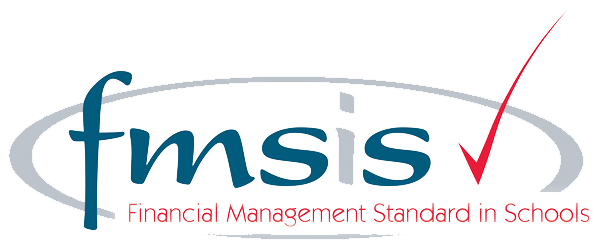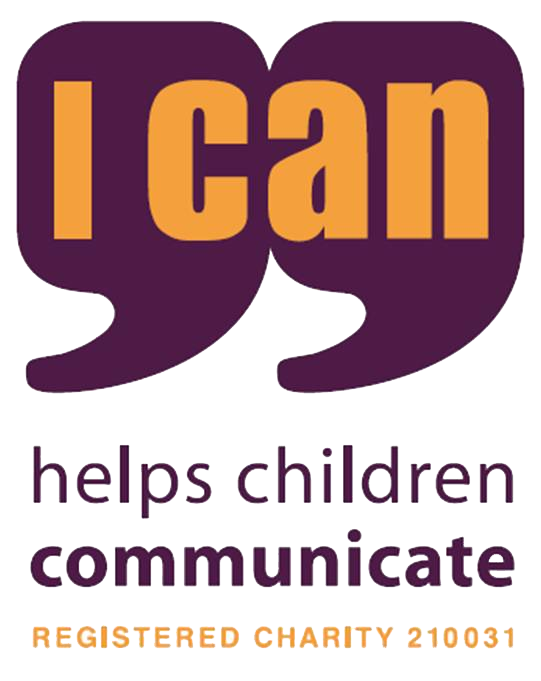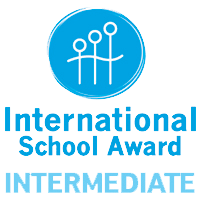Oracy
Oracy Intent
We believe that through drama, debate and discussion opportunities, we can improve the verbal communication skills of all pupils and inspire them to be confident and expressive public speakers.
Implementation
At Chalkhill, particularly because many of our pupils begin their school life without the oracy skills appropriate for their age, we recognise the importance of spoken language in the development of the whole child. The quality and variety of language that pupils hear and speak are vital for developing their vocabulary and grammar and their understanding for reading and writing. The skills of speaking and listening are explicitly taught, and children are given a wide range of opportunities to practise these skills and develop confidence and competence.
- Throughout the school, children talk about their learning, developing ideas and understanding through discussion, asking questions, being able to listen carefully to others’ views and giving them time to respond, sometimes challenging others’ viewpoints, negotiating with others in group work and considering a range of viewpoints.
- Talk partners are often used as a strategy to encourage discussion in lessons.
- Relevant vocabulary is explicitly taught in lessons across the curriculum so that our children’s knowledge and understanding of vocabulary increases.
- Talk for Writing is used throughout the school in order to embed key vocabulary.
- In EYFS and KS1, opportunities to develop their spoken language include role play within the indoor and outdoor learning environments where children can explore language in contexts such as a garage or a hairdresser’s or a café, for example.
- As the children become older, opportunities are extended with the children preparing to speak to an audience through debate, using ICT presentations or posters as prompts.
- Spoken language is also developed through drama activities as children improvise, refine and rehearse scripts and learn to present these to an audience – for example – in their class assemblies or school productions. Rehearsing ideas through role play and spoken language enables children to explore different genres, identify with characters and develop vocabulary: teachers often use this approach as preparation to improve the quality of written work.
- During the year we run poetry performance competitions where children of all ages can showcase their ability to learn texts off by heart and perform poems of their choice with expression and actions.
Impact in Oracy
- Children enjoy taking part in class debate and are able to articulate their point of view effectively
- In KS1, children make good progress in Oracy and perform confidently in class assemblies and the yearly Nativity production
- In KS2, children perform confidently in class assemblies as well as during celebrations for Easter and Eid and the Year 6 end of year production. Children are keen to participate and enjoy learning lines and performing in role.
- Children read expressively in whole class guided reading sessions, and know how to use their voice to express emotion.
- Class assemblies are well attended by parents, who enjoy the assemblies and always provide positive feedback to class teachers and school governors.
- Children are able to recite poetry by heart, and enjoy learning poems both at school and at home








